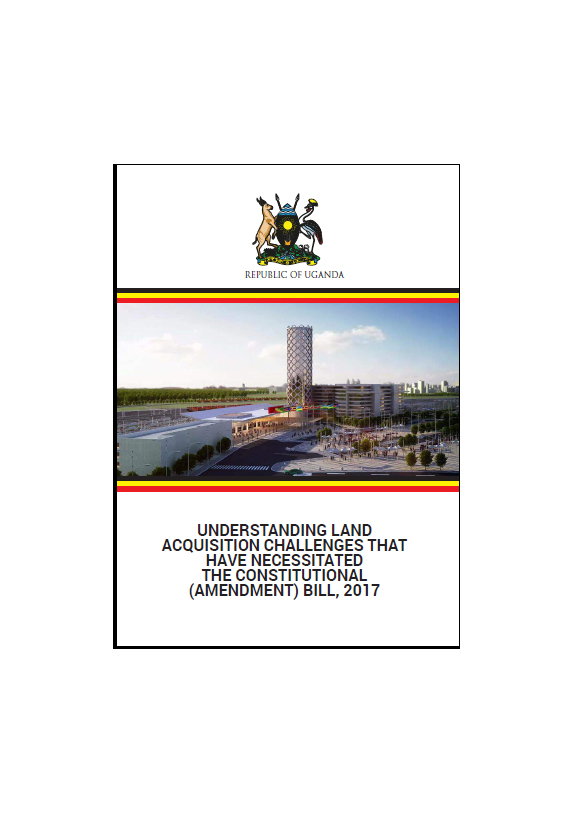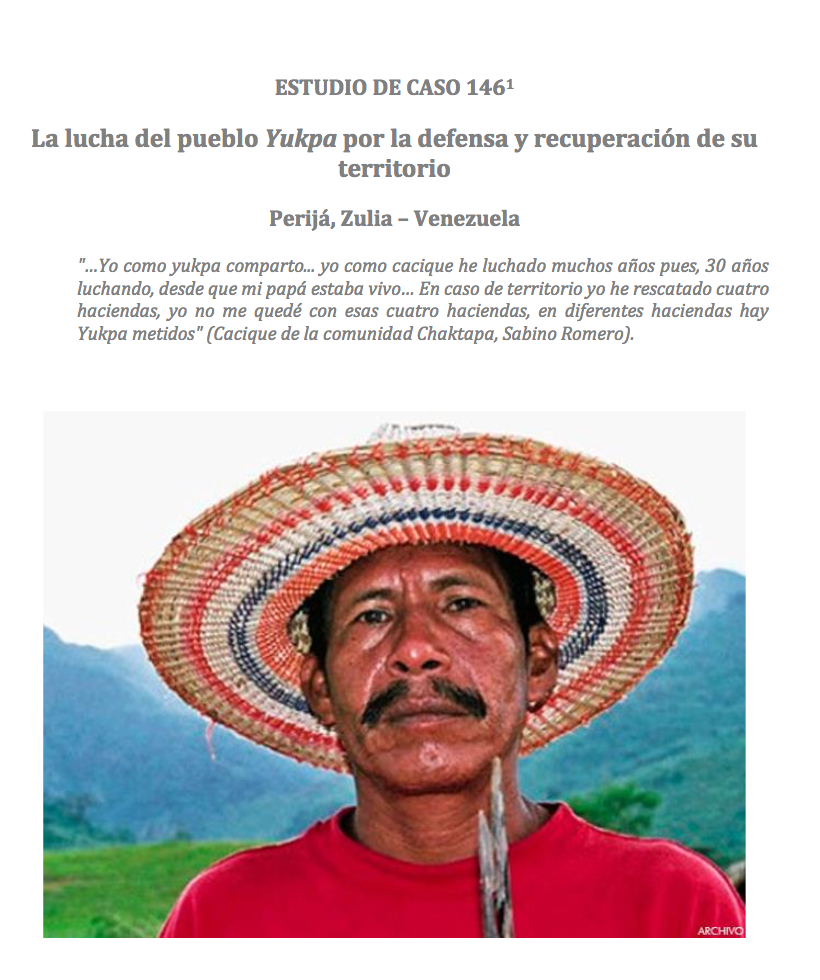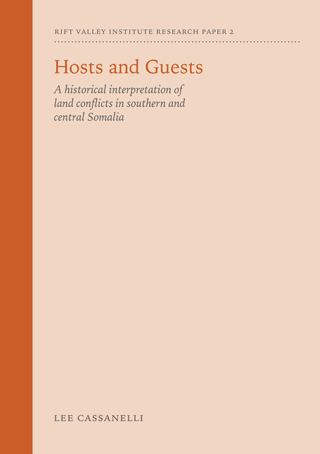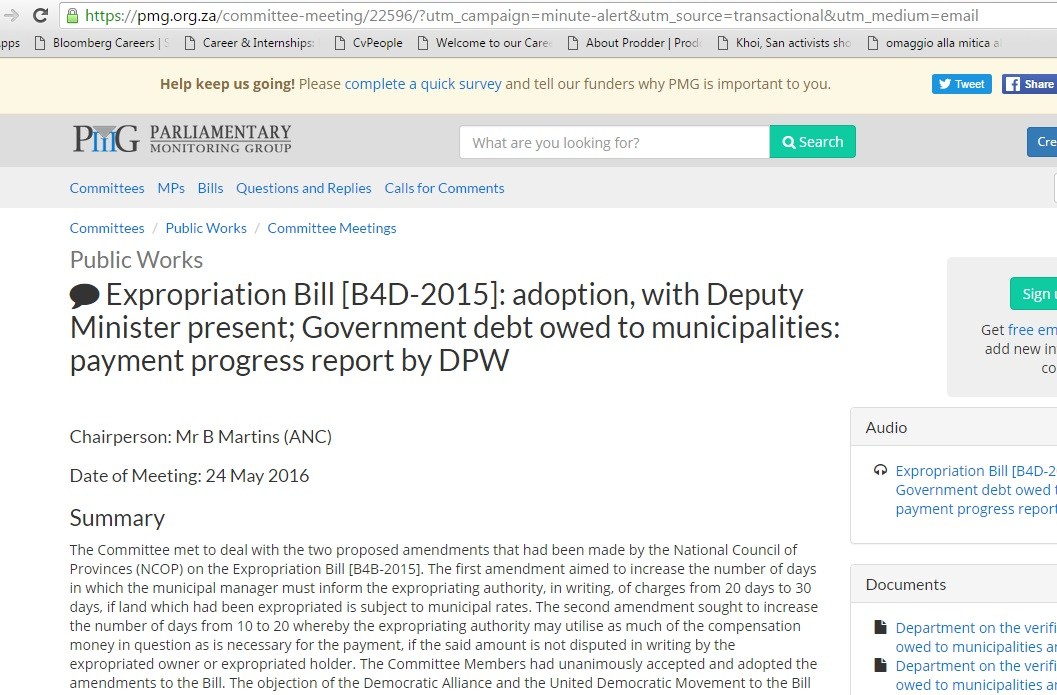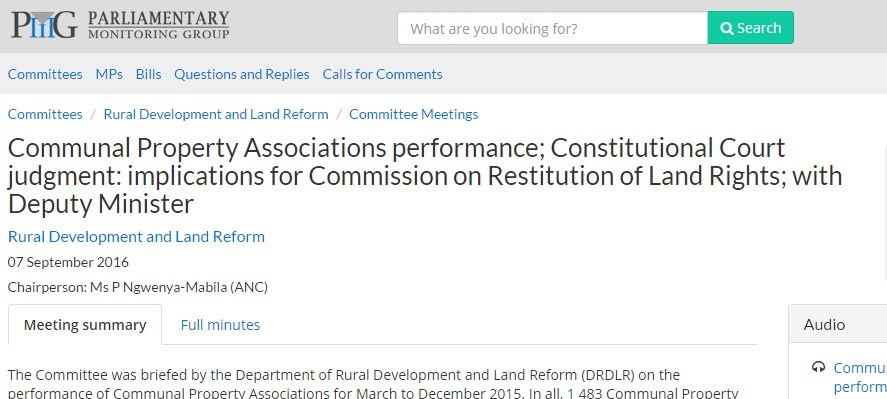A study on Land Grabbing cases in Uganda
This report investigates cases of land grabbing in Uganda, focusing in particular on oil palm plantations in Kalangala, Lake Victoria. It assesses the impacts on rural communities and on the local environment, and questions who benefits from these projects.


